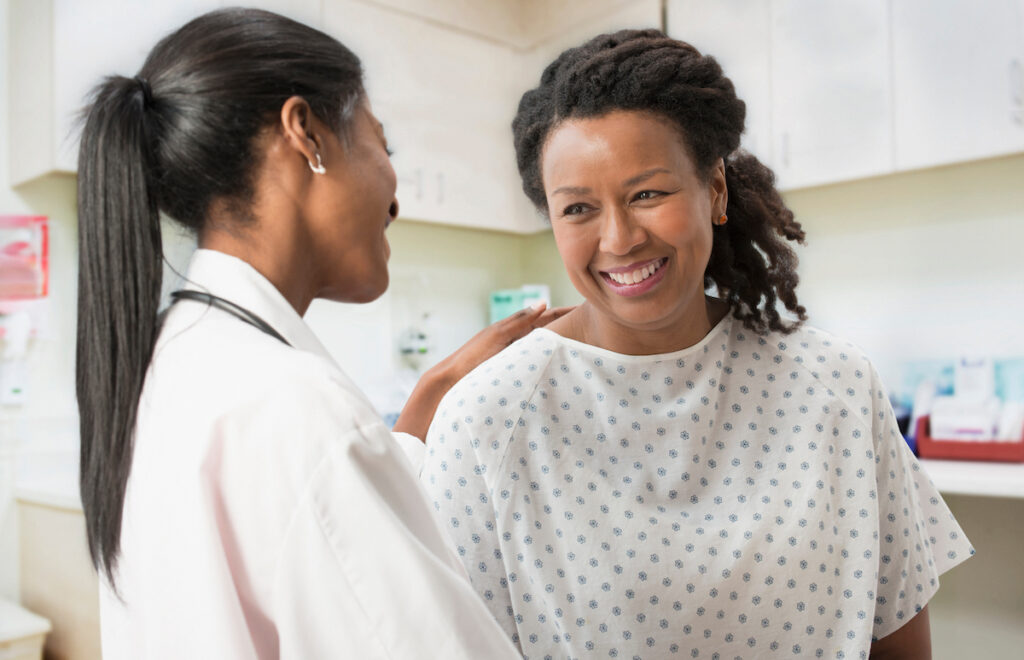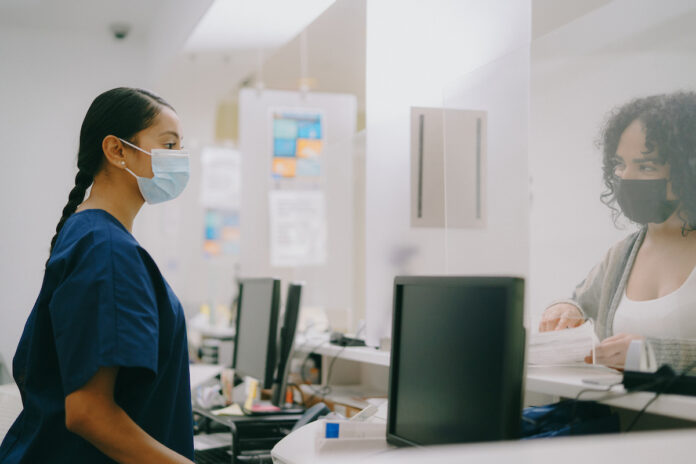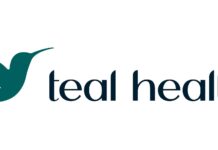( ENSPIRE Health & Wellness ) This Month it’s Time to Spread Awareness about Menstrual Health and Empower Individuals of Reproductive Age to Make Informed Health Decisions
ENSPIRE Contributor: Cailin Tennis
This month celebrates International Women’s Month, where women everywhere are honored and acknowledged. An important part of uplifting women, especially this month since it is also Endometriosis Awareness Month, is using education and distribution of resources to help them understand the intricacies of their bodies, and support them in maximizing their potential. Women are blessed with reproductive ability, but it also comes with its risks and complications, one of which is endometriosis.
Planned Parenthood of Illinois leads the way in education about this disease, and the promotion of women’s health everywhere. ENSPIRE is excited to promote Planned Parenthood of Illinois in its journey to do this. ENSPIRE hopes to encourage women to prioritize their physical health by featuring this story, and educating family and loved ones about supporting the women around them. Being female brings amazing abilities and nuances that might be hard to understand for other genders. Education for everyone will bring compassion, unity, and positive action to the women’s health space.

ENSPIRE spoke with Yvonne Oldaker who is the Associate Medical Director for Planned Parenthood of Illinois. We discussed the intricacies of endometriosis, as well as the importance of education about women’s health and the struggle for reproductive rights.
Why is endometriosis an important topic for the women’s health community?
Endometriosis is a condition that has serious health and reproductive challenges. It’s often characterized by symptoms such as pelvic pain, dysmenorrhea, infertility, and abnormal vaginal bleeding. Endometriosis affects one in ten people with uteruses in the U.S., and greater public education is necessary to prevent this disease from causing serious health challenges.
It’s a disorder where tissue grows outside the uterus and can be found on fallopian tubes, ovaries, or intestines when it normally lines the uterus. We must spread awareness about the disease that can affect people in their reproductive age as early as 11 years old. The condition is often misdiagnosed or diagnosed at too late of an advanced stage where infertility is inevitable. Information is power and as we build awareness around endometriosis, we hope that more people proactively get screened and treated.
What is the treatment like for patients with endometriosis (physically and emotionally)?
Individuals must consult with a medical professional who can help them fully understand their treatment options as there may be permanent physical effects. When endometriosis is diagnosed at an earlier stage, effective but less severe treatments can be explored.
Hormone therapy and pain management are the most common treatments for endometriosis. For individuals with more advanced stages of endometriosis where other treatments do not relieve pain, they may need surgeries to remove endometrial tissue. At the most advanced stage of endometriosis, a doctor may recommend a hysterectomy, which is the removal of ovaries and will prevent them from becoming pregnant. A diagnosis may have long-lasting effects on one’s mental health, so individuals are encouraged to join support groups, seek professional help if needed, and stay connected with friends and loved ones.
How can partners and friends support someone with an endometriosis diagnosis?
Endometriosis, like other sexual and reproductive health issues, can be a sensitive topic for people to discuss. The condition has no known causes, although there are known risk factors including, but not limited to, a family history of endometriosis, early menstruation before 11 years of age, or shorter/heavier menstrual periods. Therefore, it’s important to not pass judgment on an individual who has had a diagnosis. The best way an individual can support someone is by being there for them as they seek medical advice and understand their treatment options.
Home remedies and emotional support are helpful as well. When an individual is in pain, heat packs may alleviate some of the pain or even holding them can be consoling. Symptoms can include fatigue that interrupts their day-to-day life, so offering to do chores, shopping, completing tasks around the house, or taking the lead on family life activities can lift some burdens and improve their mood. Also, pain during or after sex is a common occurrence so partners must maintain healthy communication and explore different forms of intimacy if needed.
Finally, being a good accountability partner and partaking in healthy lifestyle choices such as eating healthy, regular exercise, and forming good sleeping habits is a great way to provide support and build bonds with your friends and loved ones.
What are some challenges Planned Parenthood has faced in advocating for all people’s health?
With all the progress we’ve made in the last few decades in the areas of sexual and reproductive rights, we still face an uphill battle to have our laws reflect the natural human right for all people to have bodily autonomy. This ranges from abortion care to birth control to gender-affirming care.
At Planned Parenthood of Illinois, we are fortunate enough to serve individuals in an accessible state where abortion is still legal and will remain legal in our state. However, when Roe v. Wade was overturned, all our neighboring states either restricted or banned abortion, forcing patients to travel to receive the care they should have access to in their home state. Fortunately, we have met the current patient surge because we prepared for this outcome for years. We opened new health centers and expanded our abortion navigation and telehealth services, including offering the abortion pill by mail after a telehealth visit to qualifying patients with an Illinois address.
How does women’s health intersect with other female identities, such as race, ethnicity, sexual orientation, or gender?
When we look at our patients’ health, intersectional identities truly can affect outcomes and quality of life. People of color, LGBTQIA+ communities, immigrants, and individuals from low-income families or rural communities have disproportionately experienced barriers to quality healthcare. Systemic inequities and discrimination are not only deeply embedded in our healthcare system, but our society as a whole.
With endometriosis, sexually transmitted diseases, uterine fibroids, gynecological cancers, and other diseases, the mortality and morbidity rates are disproportionately higher for marginalized communities. This is caused by late or misdiagnoses, lack of access to treatment, medical bias, and other social determinants. There is a maternal healthcare crisis that already exists and disproportionately affects black women. Planned Parenthood of Illinois is a leader in reproductive healthcare, providing the care our patients need and deserve, without judgment and with compassion.
Yvonne’s perspectives are extremely enlightening and detailed, which provides a huge resource to people looking for information on endometriosis and women’s health in general. The medical field still needs a great deal of change to bring equitable healthcare access to all humans regardless of their identities. Thankfully, Planned Parenthood of Illinois has taken advanced and impactful steps toward this ideal healthcare system. Learn more about endometriosis, discover the services offered or volunteer for the cause at Planned Parenthood of Illinois.
Related Articles: The 2nd Annual Anthem Awards, The WellSky Foundation Donates $50k to The Black Women’s Health Imperative







